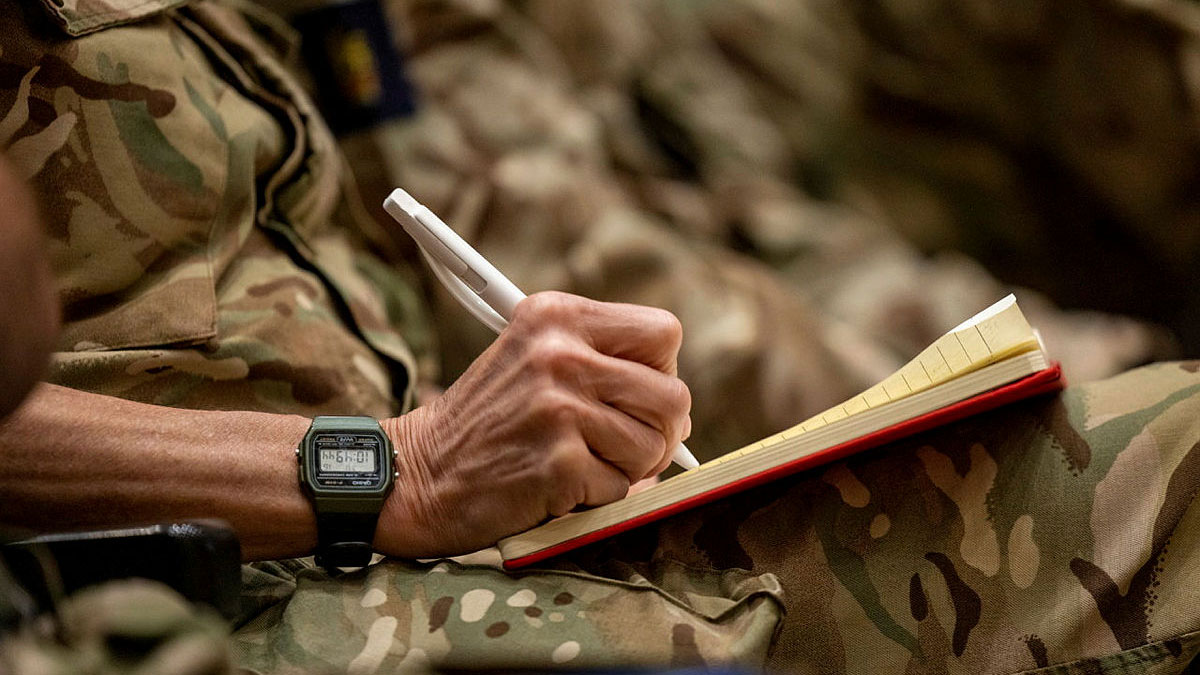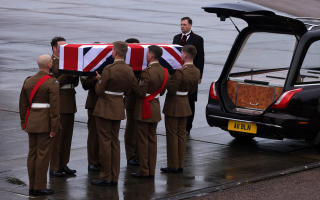
MOD issuing out-of-date medical supplies poses significant risk to life, report says

Out-of-date medical supplies issued to frontline personnel pose a "significant risk to life" because of Ministry of Defence (MOD) inventory failures, a new report has warned.
The cross-party Commons Public Accounts Committee (PAC) said it had warned 10 years ago of "waste and fragmentation" in the department's supply system but that a fresh investigation had found "many of those problems remain unresolved".
A report from the committee, titled Improving Defence Inventory Management, said it was "sceptical" the MOD could solve the issues "given both its patchy track record and staffing gaps of around 25% in the relevant programmes".
The doubt comes despite the MOD's £2.5bn business modernisation programme.
The 24-page report also highlighted how the MOD failed to consider the needs of its medical operations when outsourcing how equipment such as food, clothing and medical supplies are stored and procured.
As a result, MPs said units ended up being supplied with medical items "without sufficient shelf life for longer deployments".
According to the document, in 2022, the Royal Navy also said the situation represented a "significant risk to life" for its personnel if left unresolved.
MPs said the Navy ruled last year that performance for medical inventory provision had still not improved to the required level.
MPs have recommended defence officials write to the committee to "ensure that the requirements of medical personnel will be properly addressed in its future inventory management arrangements".
Other issues include concerns the MOD inventory management system is still outdated, with the Navy's base inventory system being able to record that an item is unserviceable, but not for what reason, leaving officials unaware of what degree of repair it may require.
Despite achieving a 25% reduction in the net book value of its inventory, the report found the MOD still holds "substantial amounts" of "unserviceable, overstocked" or out-of-date stock.
The public spending watchdog said problems with inventory management can have "serious knock-on consequences" for military personnel.
Dame Meg Hillier, the Labour chairwoman of the committee, told Forces News "for the frontline troops, it's absolutely critical".
"We have in the past looked at this and it was quicker in the theatre to send requests back to the UK and get it shipped out than it was to go to the store – for example, in Afghanistan," she explained.
"Now that obviously was a big problem.
"Things have improved. We've been seeing some changes so that there is a better database of certain bits of equipment the new system is set up to deliver.
"But there are still problems."
The MPs recommended that the MOD set out its target for reducing its inventory.
An MOD spokesman said: "Meeting our operational commitments and ensuring the safety of our personnel are our highest priorities, which is why we are investing millions of pounds to deliver better medical inventory management and higher medical stockpiles.
"We continue to make improvements to the way we manage inventory across defence, investing £2.5bn in logistic information systems and reducing the number of inventory systems from 250 to 89 over the past 12 years."









